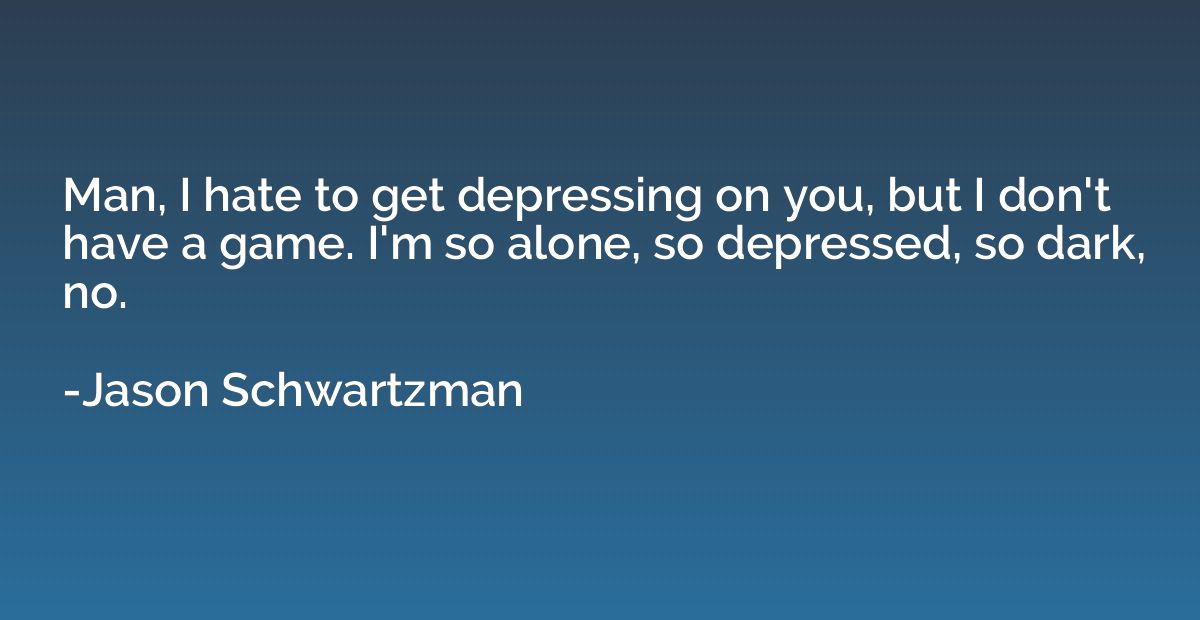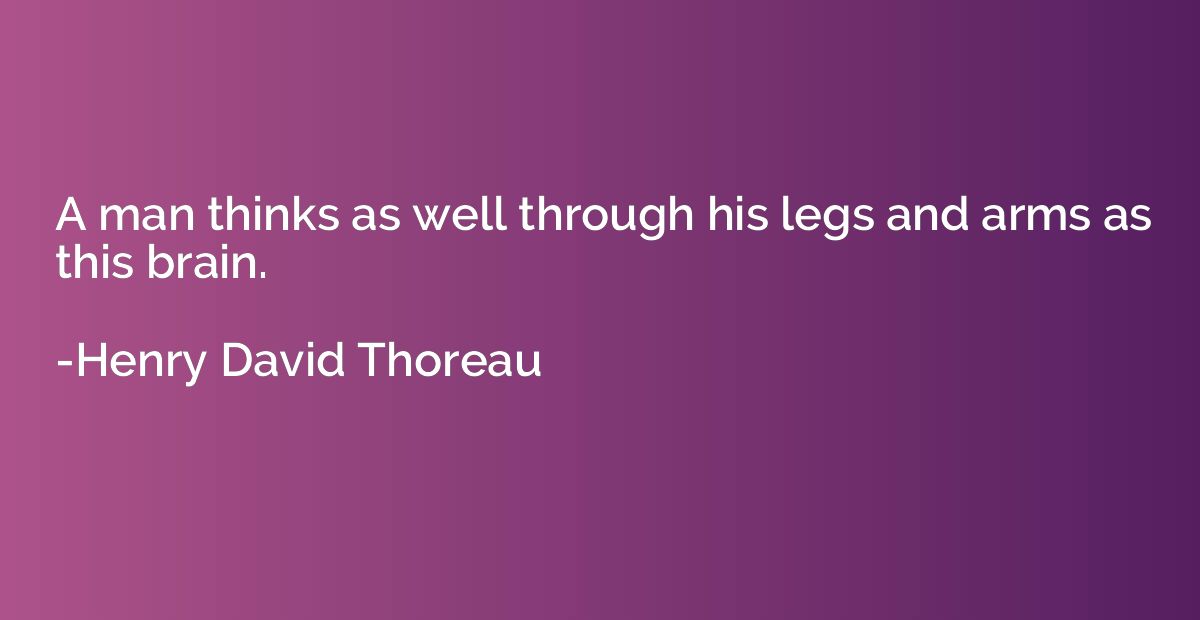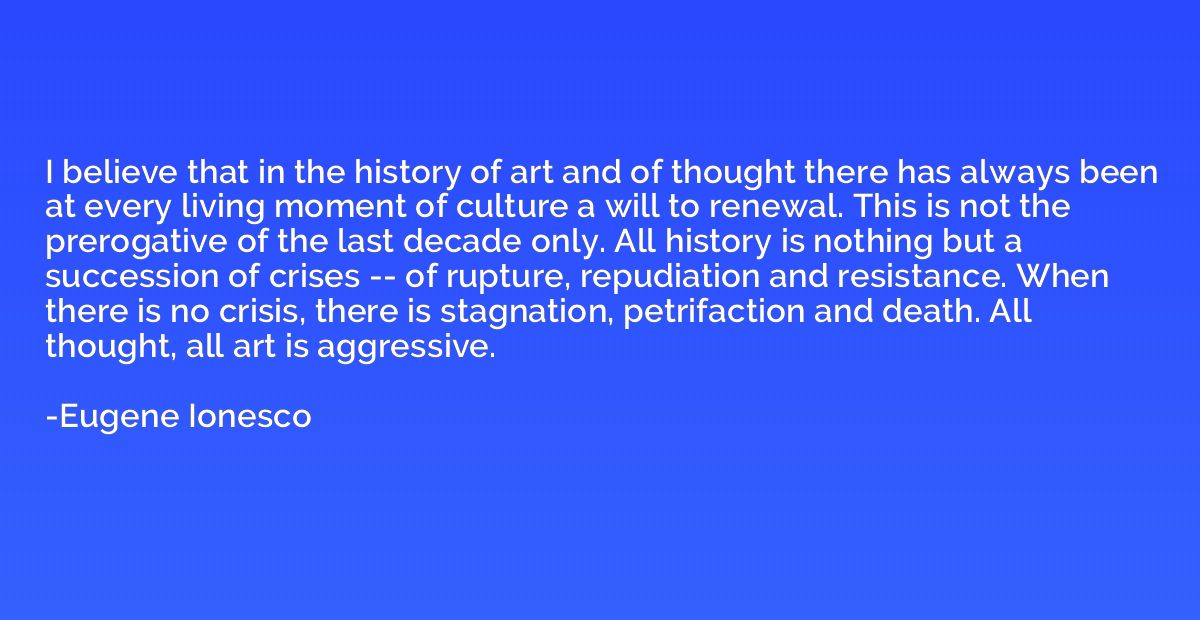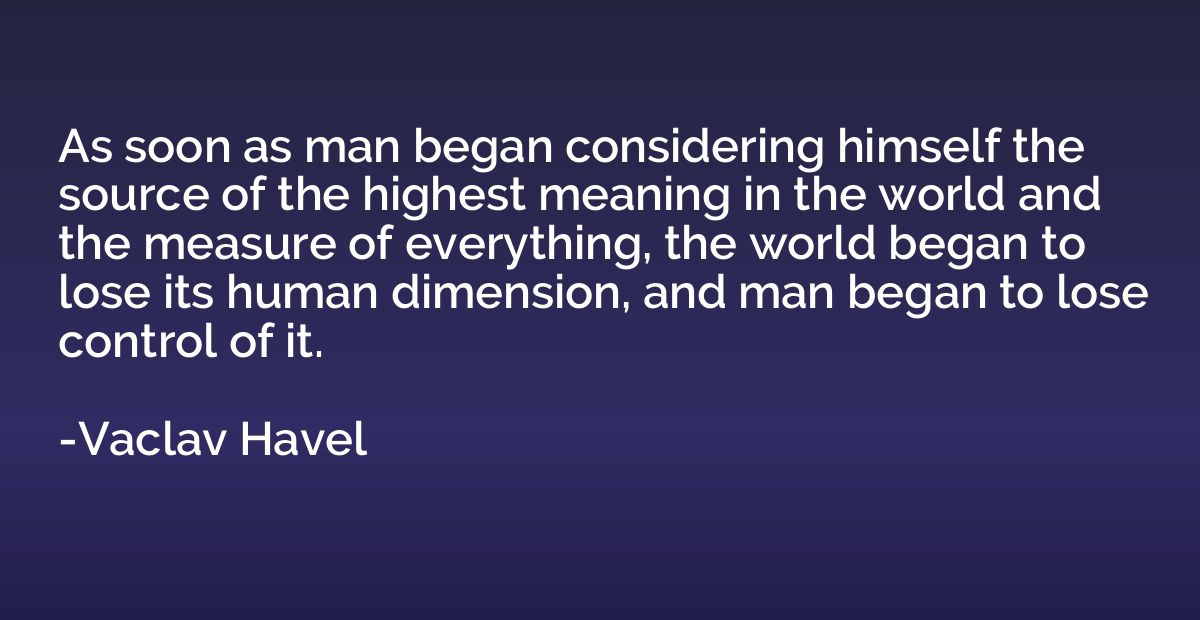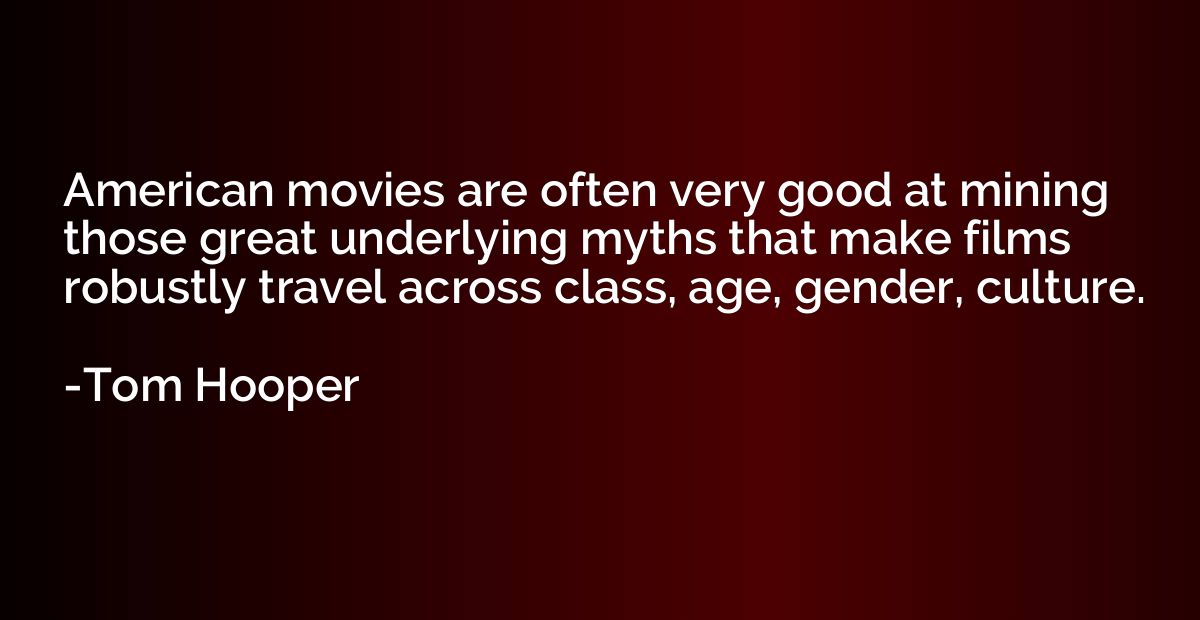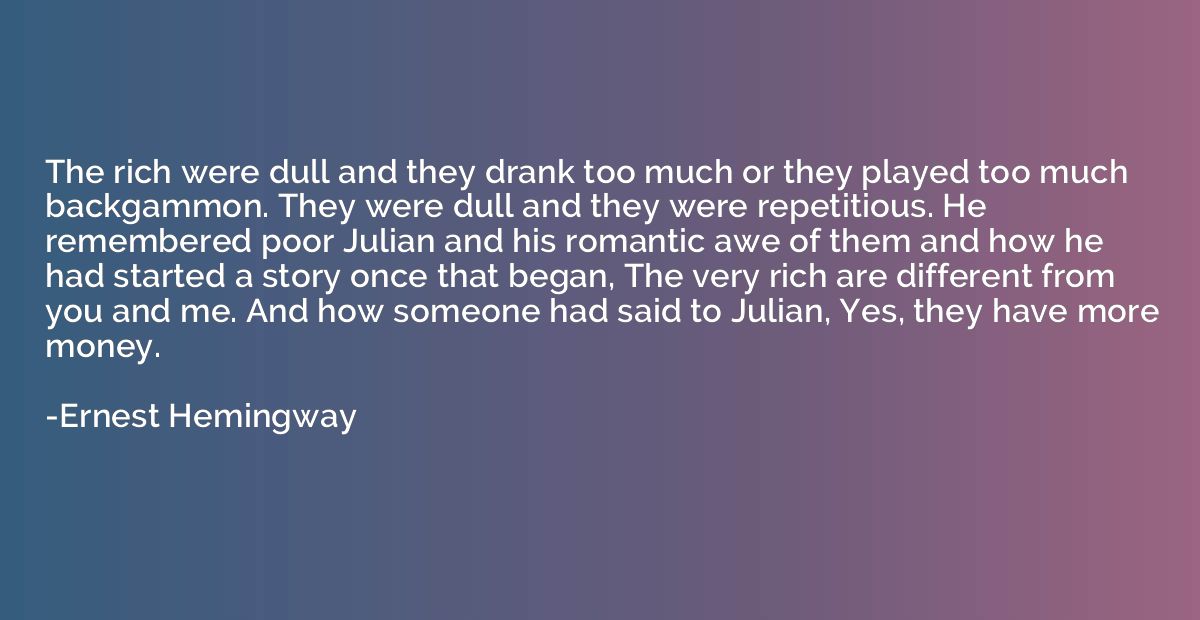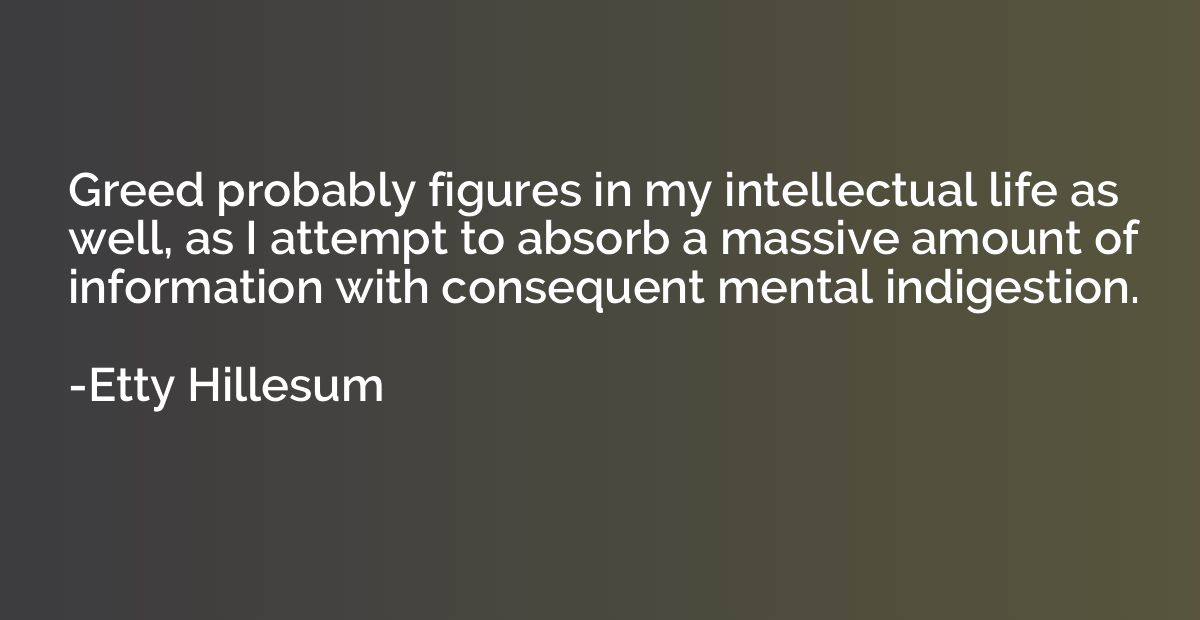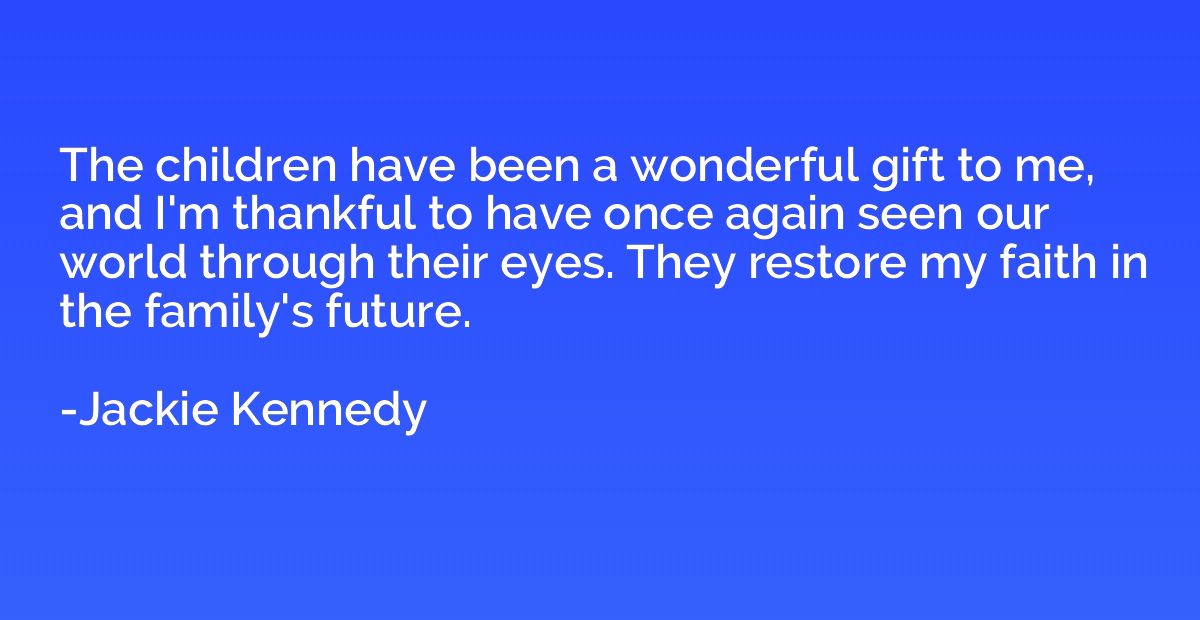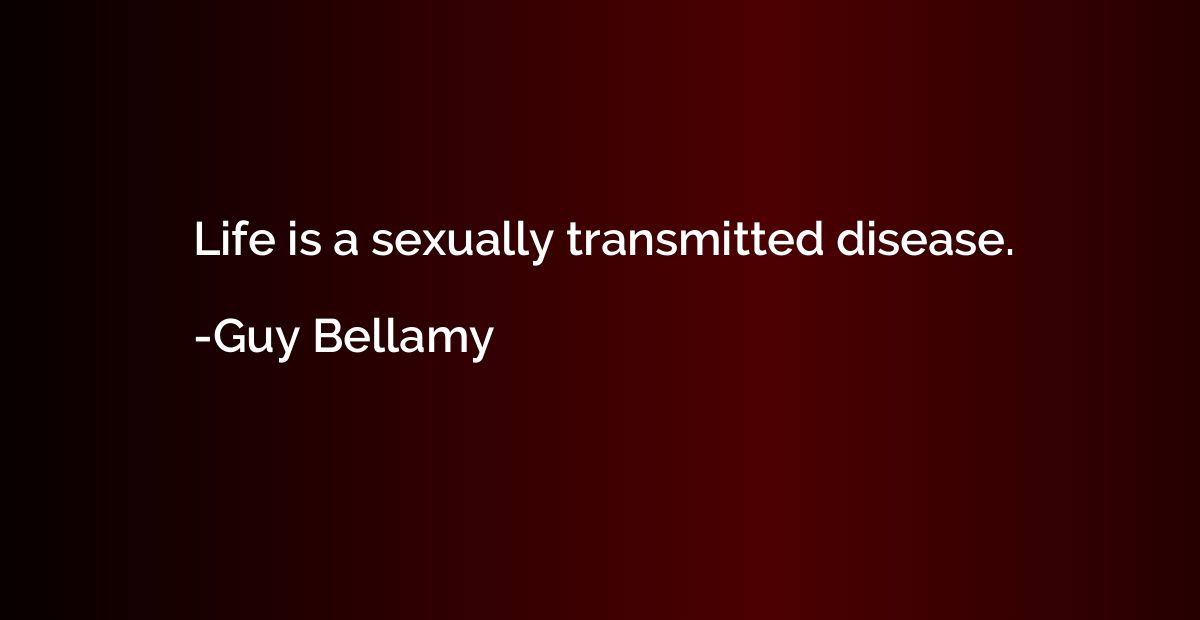Summary
This quote suggests that the speaker takes the act of misquoting or distorting someone's words as an opportunity for improvement. They emphasize the importance of accurately conveying information and stating things correctly. By identifying and rectifying misquotations, the speaker aims to enhance the quality of communication and ensure that ideas and statements are accurately represented. This quote reflects a commitment to precision and the belief that refining language and expression contributes to overall improvement.
Topics
Quotations
By Cary Grant
